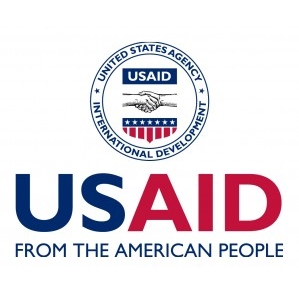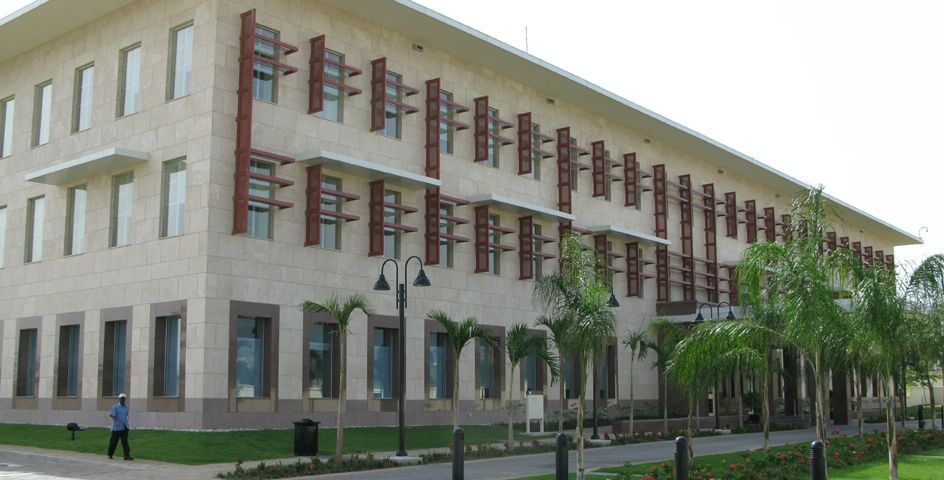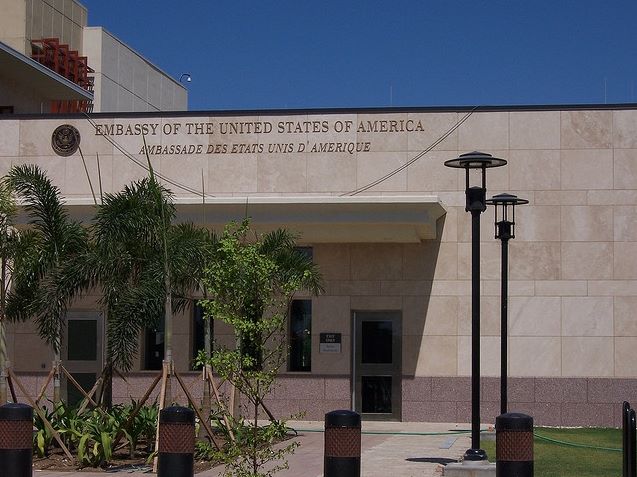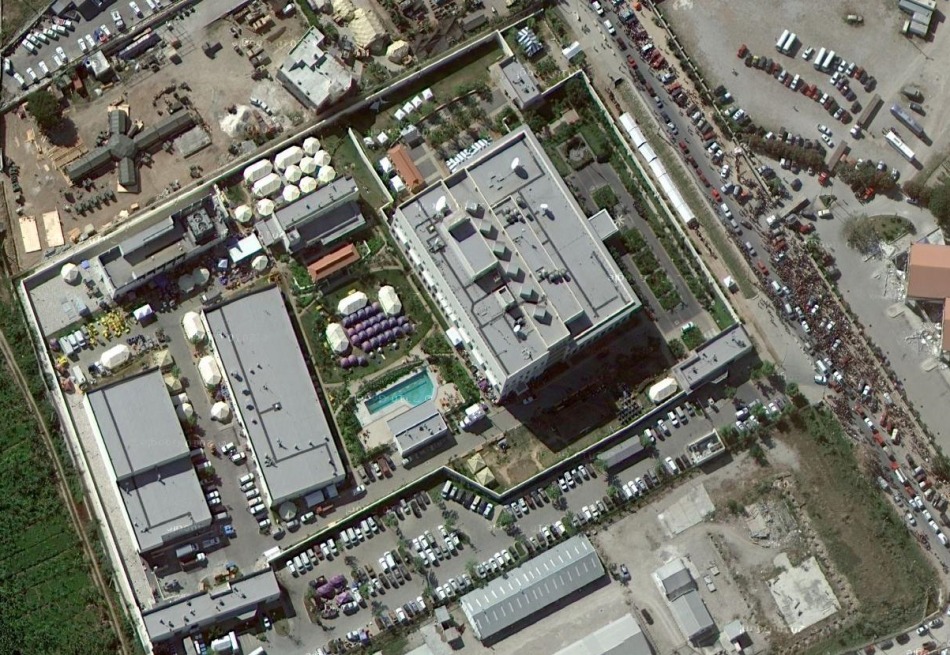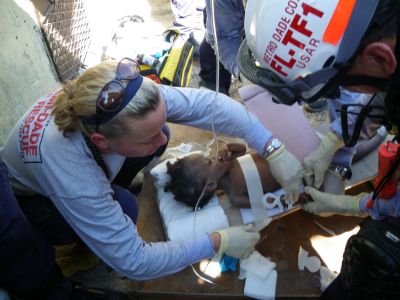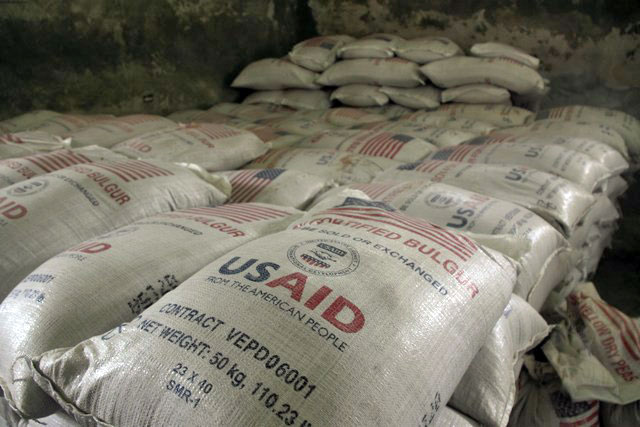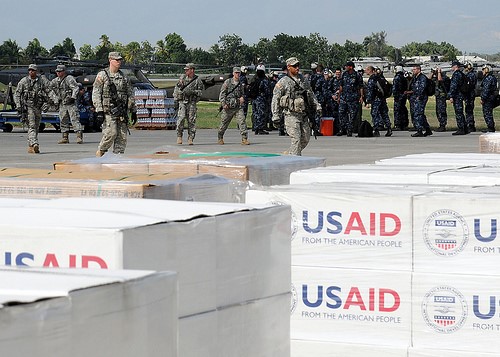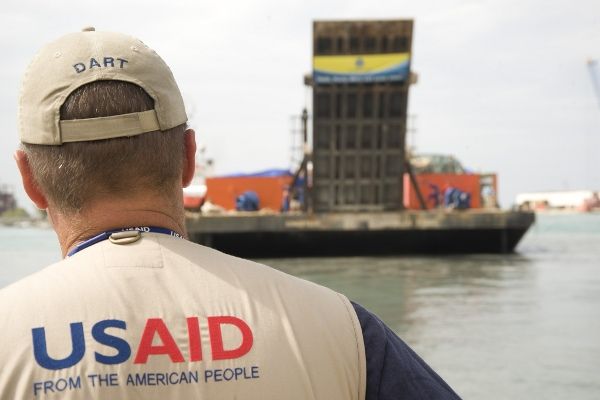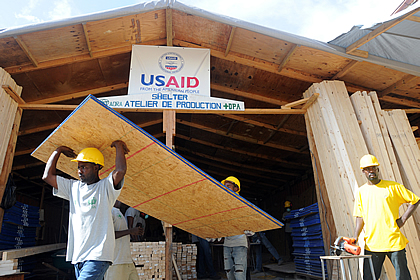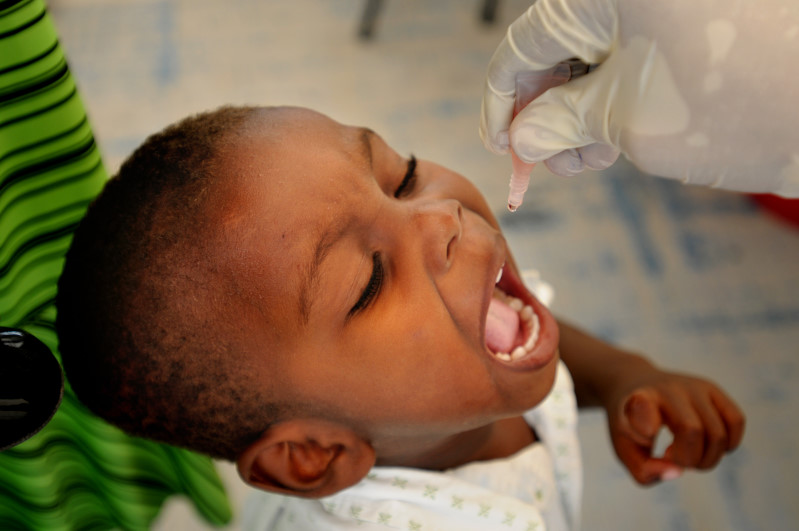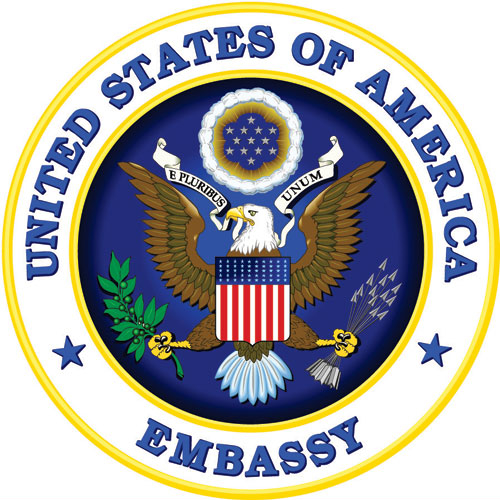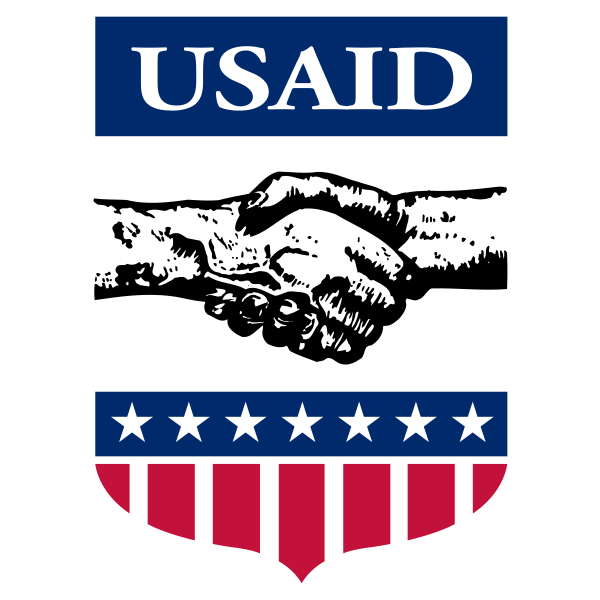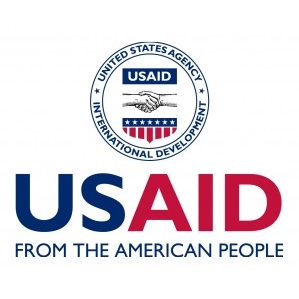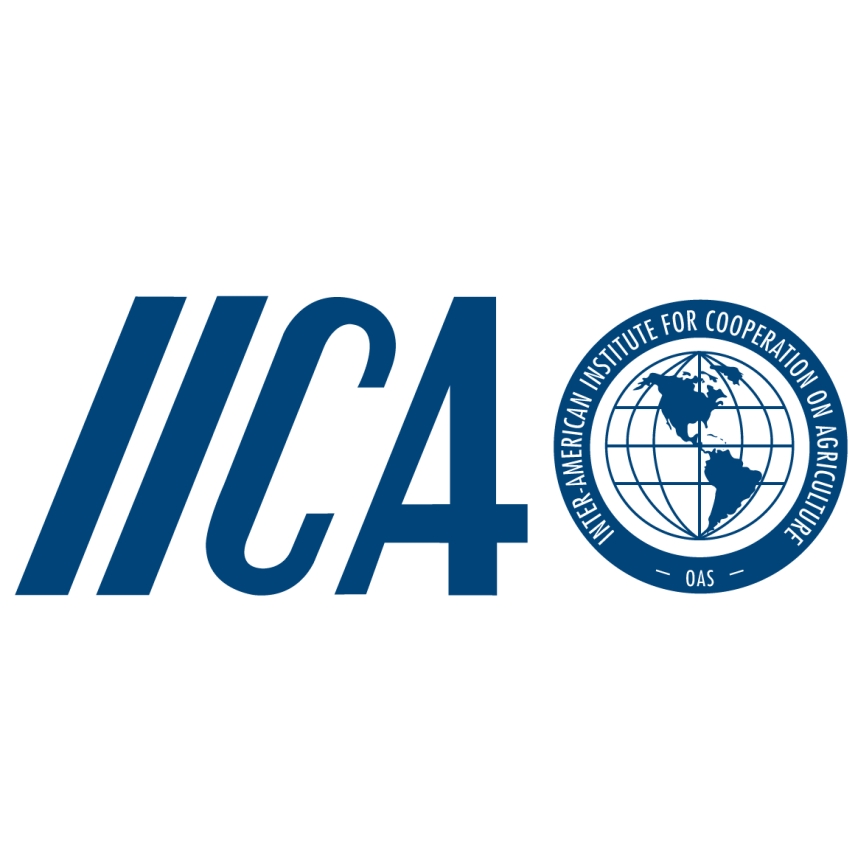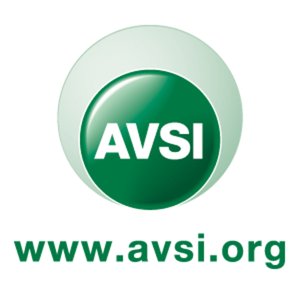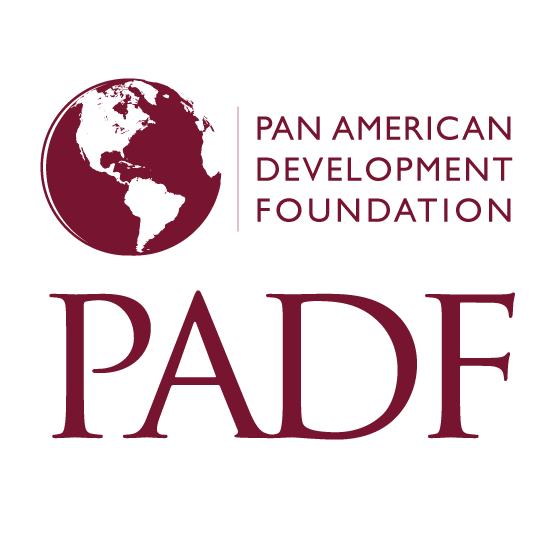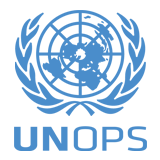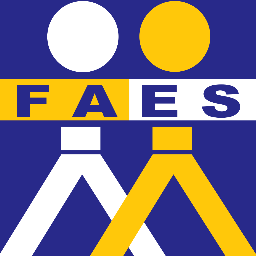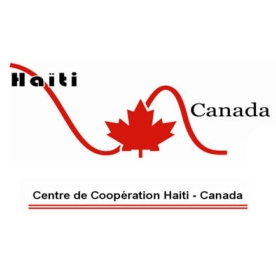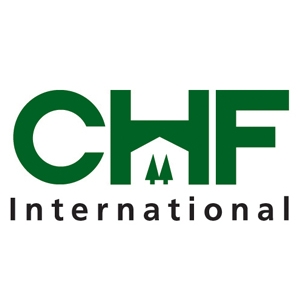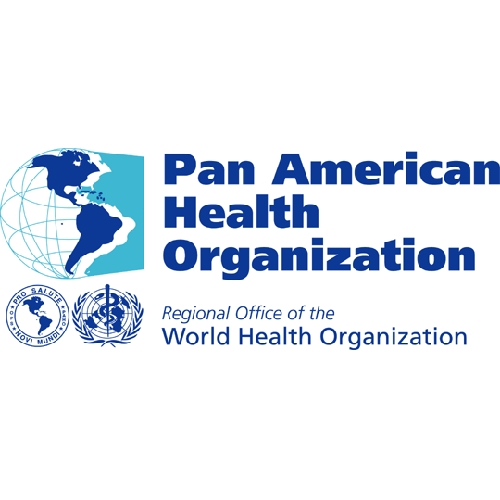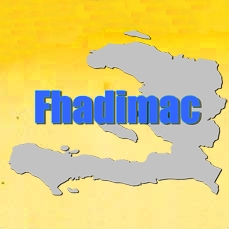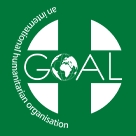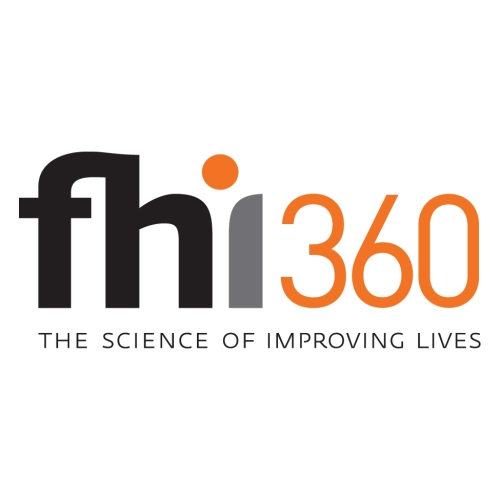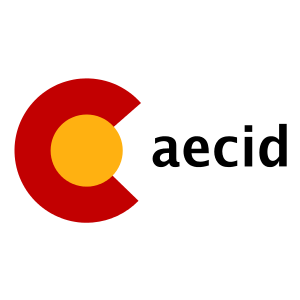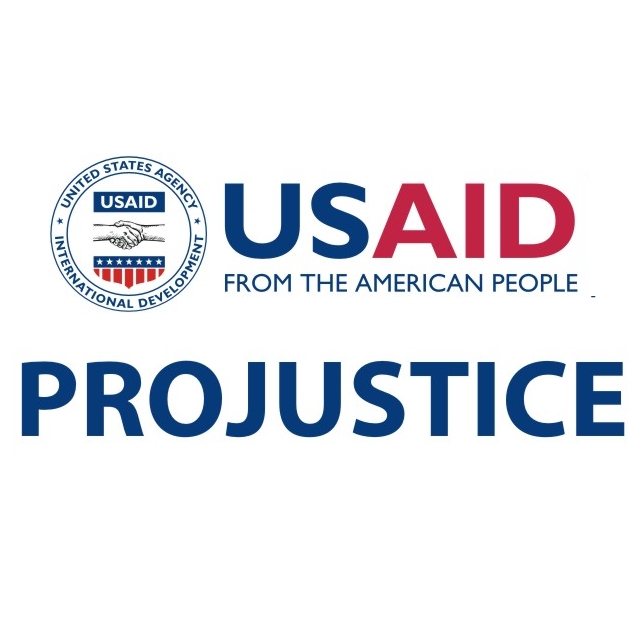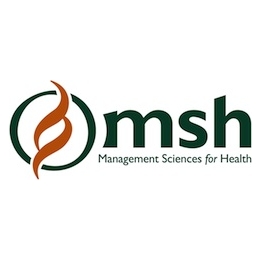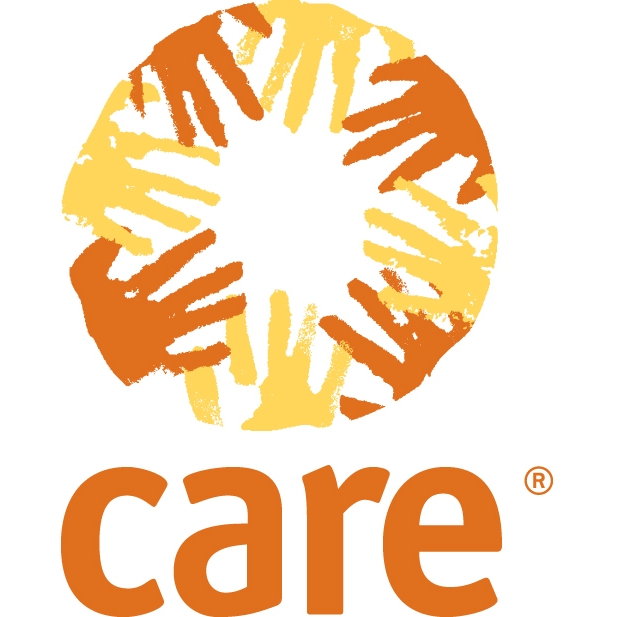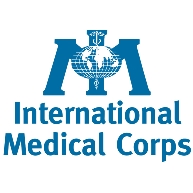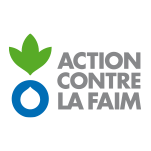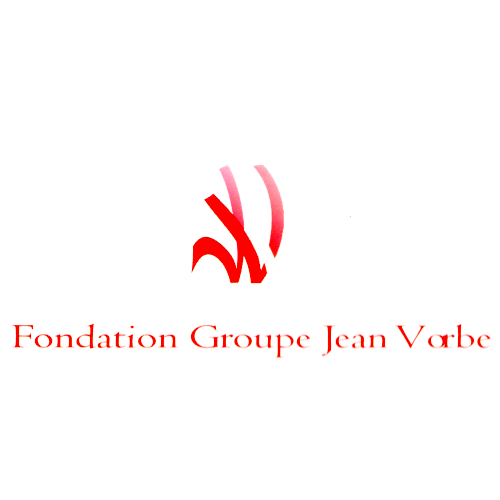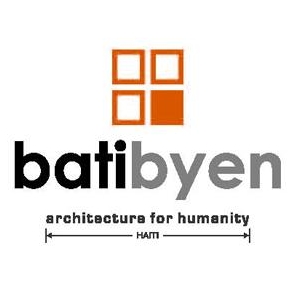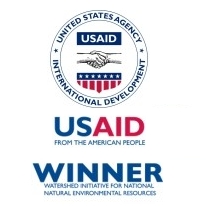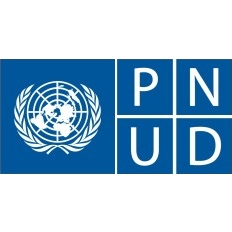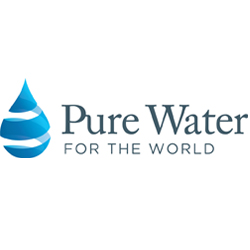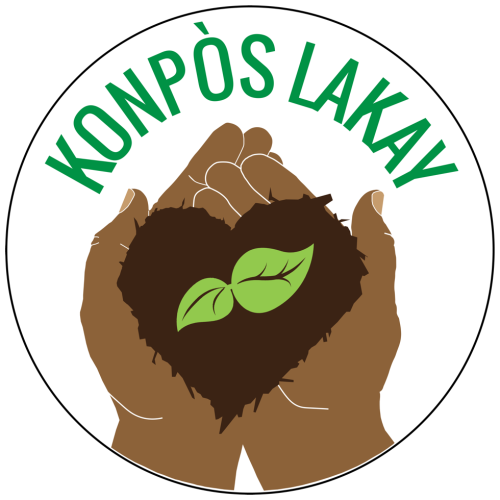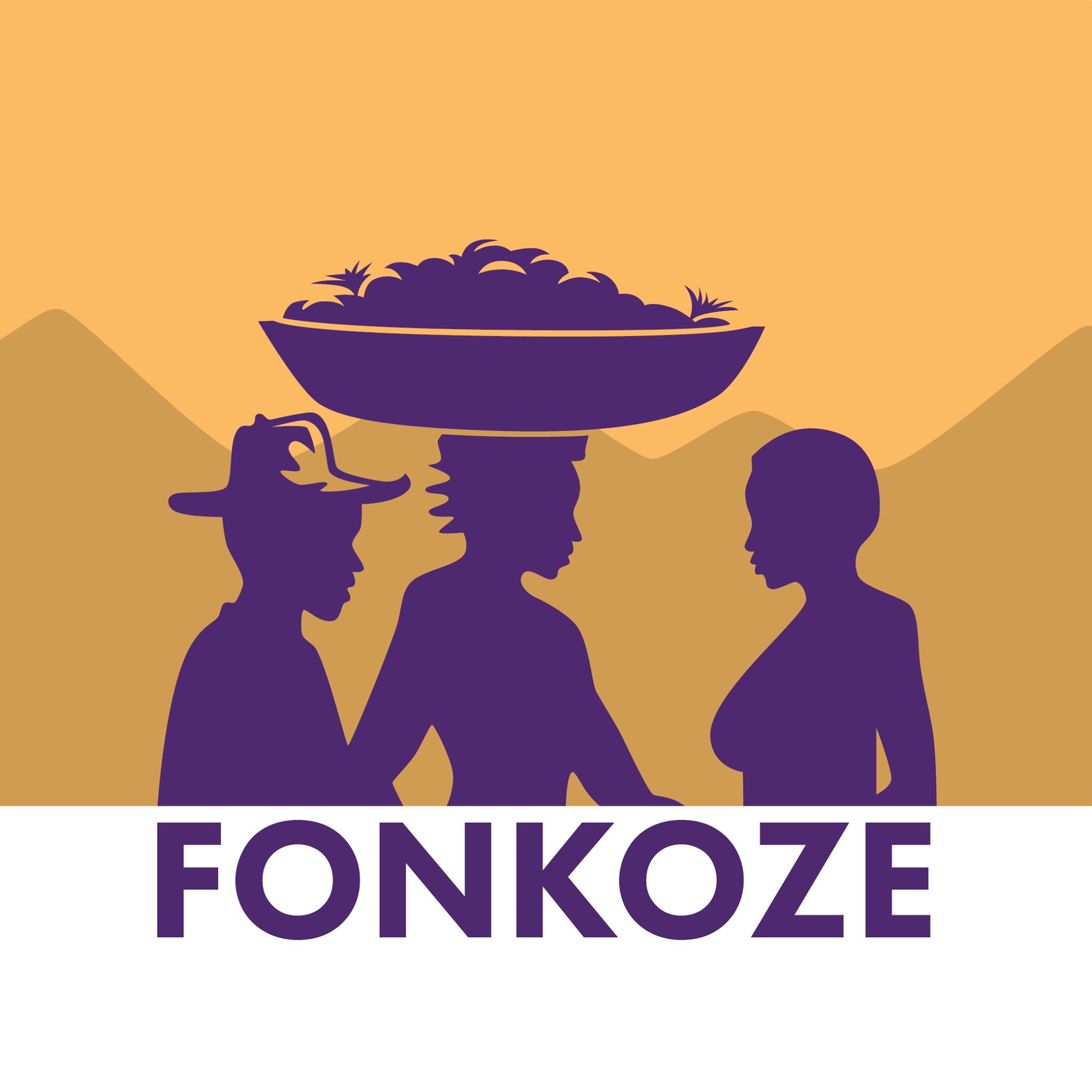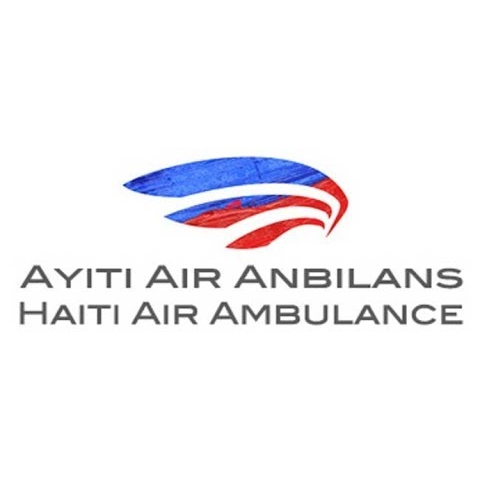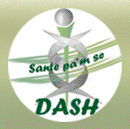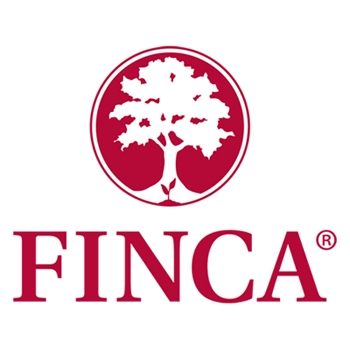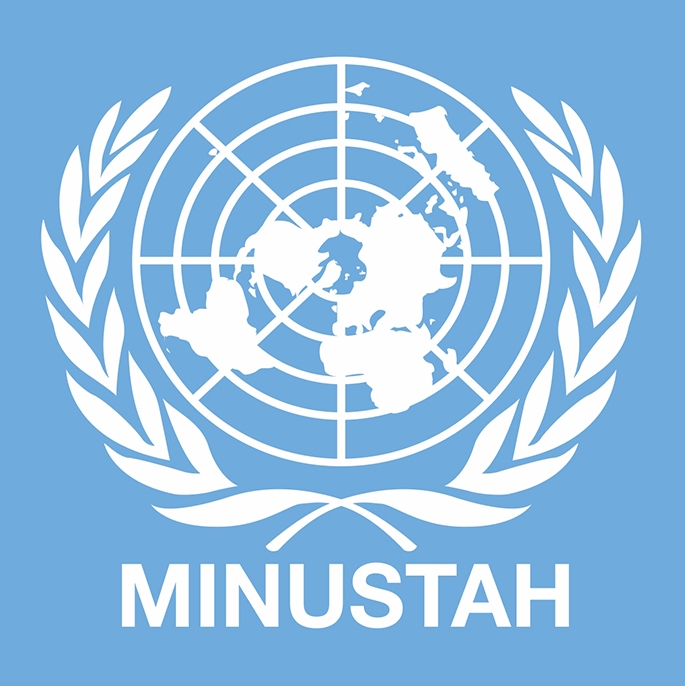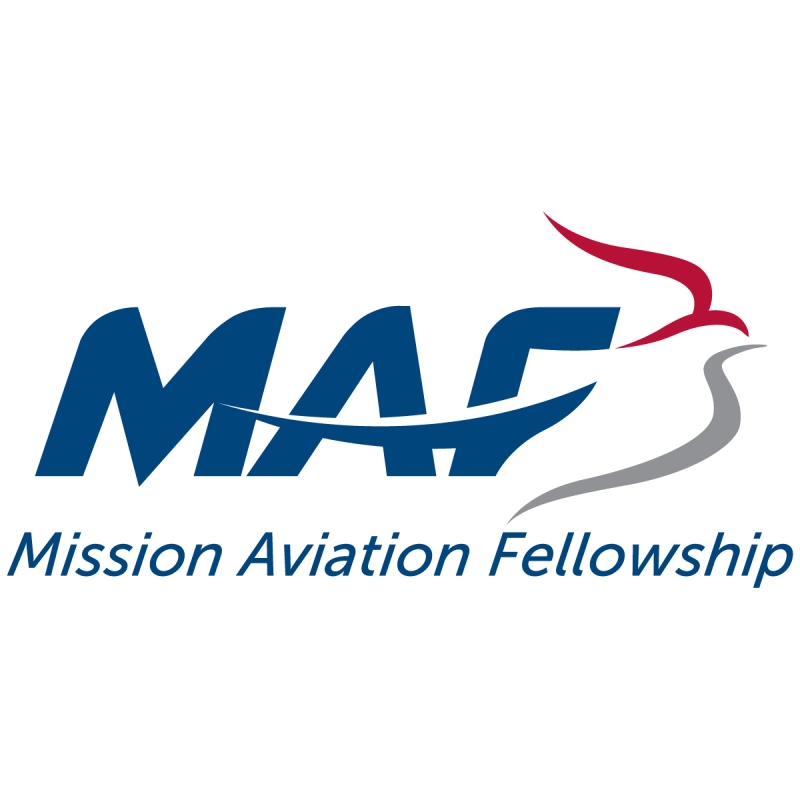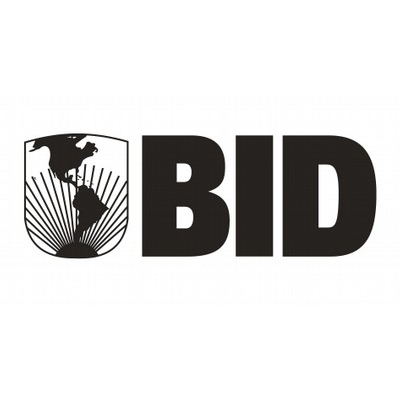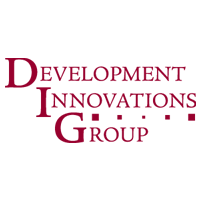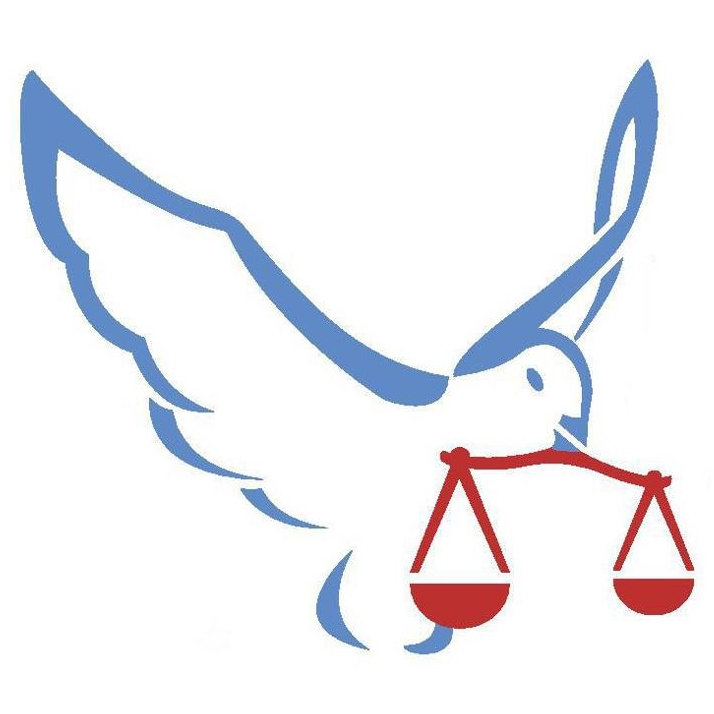From The American People
HISTORY | OUR WORK | NEWSROOM | PARTNERSHIP OPPORTUNITIES | DOLLARS TO RESULTS
USAID Haiti
HISTORY
USAID has worked in Haiti for approximately 50 years, helping to mitigate the impact of natural disasters and periods of political instability, while increasing long-term economic growth and security. USAID assistance has focused on supporting sustained economic growth by attracting private investment and increasing agricultural output; expanding access to health care and education; supporting the transition to democracy; and protecting human rights. Examples of past interventions include:
- Investment in the secondary cities of Jacmel and Cap Haitien to stimulate tourism;
- Implementation of conservation projects to preserve Pic Macaya National Park;
- Support for the growth of premium coffee beans for export and establishment of relationships between farmers associations and exporters, leading to the establishment of the successful and self-sustaining Haitian Bleu coffee export industry;
- Implementation of HIV/AIDS and family planning programs, helping to decrease HIV/AIDS rates from 6.7 percent in 1998 to 2.2 percent in 2008, and fertility rates from 6.3 children per woman in the 1960s to 3.5 children in 2008; and
- Encouragement of popular participation in local and national governance and support for a free and fair electoral process, helping to facilitate a smooth transition of power during the most recent presidential elections.
The January 2010 earthquake expanded USAID’s portfolio in Haiti to include infrastructure and energy, in support of the post-earthquake reconstruction process. USAID is currently implementing projects based on the Post-Earthquake USG Haiti Strategy, under the leadership of the Government of Haiti.
OUR WORK
The U.S. Government Post-Earthquake Strategy in Haiti follows the Government of Haiti’s Action Plan For National Recovery and Development of Haiti, complements the international community’s efforts, and targets sectors where donors can add the most value. Through USAID, other U.S. agencies and partner organizations, the U.S. Government is supporting four essential pillars of Haiti’s development:
- Infrastructure and Energy
- Food and Economic security
- Health and other basic needs
- Democracy and Rule of law
To ensure that U.S. assistance will have a lasting effect in Haiti, programs target three areas of the country—Port-au-Prince, St. Marc and Cap Haitien—-known collectively as development corridors. USAID is working to build the capacity of government officials in Haiti so they can lead their country’s development, and is training everyday Haitians in areas like construction and health, providing them the skills they need to participate in their country’s reconstruction and development. Rigorous oversight mechanisms ensure that U.S. taxpayer funds are spent wisely and effectively in these programs.
The overarching goal of these efforts is to chart a new course for U.S. engagement in Haiti, a course that eventually will allow the country to stand as an ally for regional security in the hemisphere, to grow into an important partner in trade, and to become a valued neighbor.
PARTNERSHIP OPPORTUNITIES
Business Opportunities
Business Practices for USAID/Haiti:
- USAID is dedicated to greater Haitian involvement in award selections. To the maximum extent practicable, proposed contracts and grants will provide for source selection participation by representatives of the GOH, at both the national and sub-national levels, and where appropriate civil society and the international community.
- USAID will disseminate sector-focused concept papers for consultation with the GOH, civil society, and the international community.
- USAID will make every effort to make local and international communities aware of ongoing business opportunities through regular announcements.
- When applicable, USAID will hold pre-award conferences to provide potential partners with the opportunity to ask questions about an award solicitation.
- USAID will conduct assessments of local NGOs in order to provide technical assistance to build their organizational capacity to receive direct awards.
- As appropriate and to the extent possible, USAID will hold meetings after an award is made to review the winning bid or to explain award decisions with unsuccessful offerors and applicants in accordance with all applicable USAID regulations and policy standards.
- USAID will maximize allowable set-asides for U.S. small business concerns, including minority and women owned businesses, whenever appropriate.
| Tweets by @USAID_Haiti |
| htt@usaid.gov | |
| Address | Tabarre 41, Boulevard 15 Octobre (US Embassy), Tabarre, Port-au-Prince |
| Phone | 509 2229-8000,509 2229-8066 (Fax), |
| Fax |


